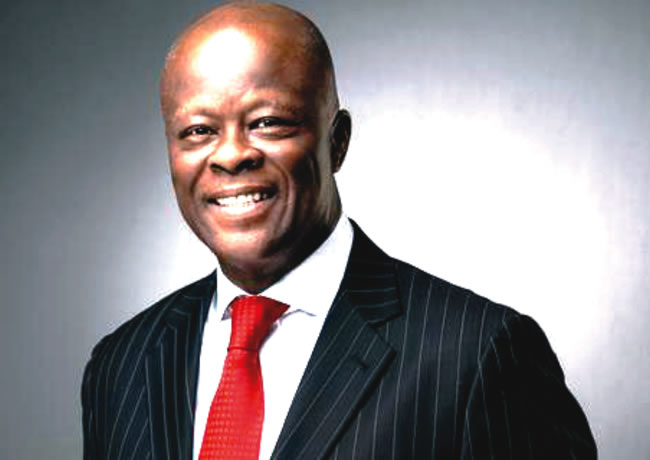OUT of the N7.9 trillion Ways and Means advances as of December 2023, from the Central Bank of Nigeria (CBN), the Federal Government has used part of the Nigerian Treasury Bills (NTBs) and Bonds issued in 2024 to pay back N4.83 trillion.
Minister of Finance and Coordinating Minister of the Economy Wale Edun stated this in his paper presented at the Lagos Business School Breakfast Club titled, “Reconstructing the Economy for Growth, Investment and Climate Resilience Development.”
The National Assembly had last year approved the securitisation of the outstanding debit balance of N7.3 trillion of the Ways and Means Advance in the Consolidated Revenue Fund (CRF) of the Federal Government.
Olayemi Cardoso, the CBN governor, said that the apex bank will no longer grant Ways and Means advances to the federal government unless the outstanding balance is settled.
Edun, however, explained that this was part of FG’s efforts to boost the supply of ‘sticky’ foreign capital to critical sectors of the economy.
As part of ongoing Social Intervention Programmes to manage the transitory inflationary impact of ongoing reforms, Edun said the Government is implementing a suite of social and economic interventions to support vulnerable households and SMEs.
They include: N500 billion in multi-sector intervention; N100 billion funding for the procurement of CNG-fueled buses and supporting infrastructure; N200 billion for food production ; N200 Billion for Small and Medium scale Enterprise (SMEs) and manufacturing sector fund; Presidential Conditional Grant Scheme which is a N50 billion grant scheme to support eligible nano business owners.
He also said the Federal Government of Nigeria (FGN) Micro, Small and Medium enterprise (MSME) is a N75 billion scheme for small businesses to support eligible micro,small and medium enterprises
According to him, the step-up in the pricing of FG securities was boosting US Dollar inflow to the economy, although at an increased cost to the Government.
In addition to paying part of the Ways and Means Advances, other initiates to boost foreign exchange supply included “repatriation of foreign-denominated assets into the formal financial sector, local issuance of foreign-denominated FG Bonds which is expected to be implemented in early Q2 2024.”
He also said that the Federal Government(FG) would focus on three core areas to grow the economy by at least 3.5 percent in 2024.
These areas include: Increasing oil production to 2 million barrels per day, boosting agriculture sector growth to 3 percent, and boosting trade activities to support a positive current account.
“We have set out a robust execution plan for a 78 percent y-o-y increase in budgeted revenue in 2024 but implementing an enhanced government’s revenue assurance model is critical. We target a budget deficit of 3.9percent of GDP from 6.1percent in 2023,” he stated.
He noted that safe-guarding oil revenues, increasing revenue contribution of Ministries, Departments and Agencies (MDAs), Government Owned Enterprises (GOEs), growing non-oil revenue, and Optimization of government assets were part of the fiscal measures being pursued by FG.
He further said that the government had implemented several interventions to address food production challenges such as releasing food commodities and directly intervening in food production.
He also stated that the Current Account Balance turned positive last year owing to improved exports although the increase was only marginally.
The government also intended to position the economy for strong regional trade through harmonised trade policies, enhanced financial systems and payment integration across other African countries.
READ ALSO: Police arrest man, wife for producing fake wines in Lagos
